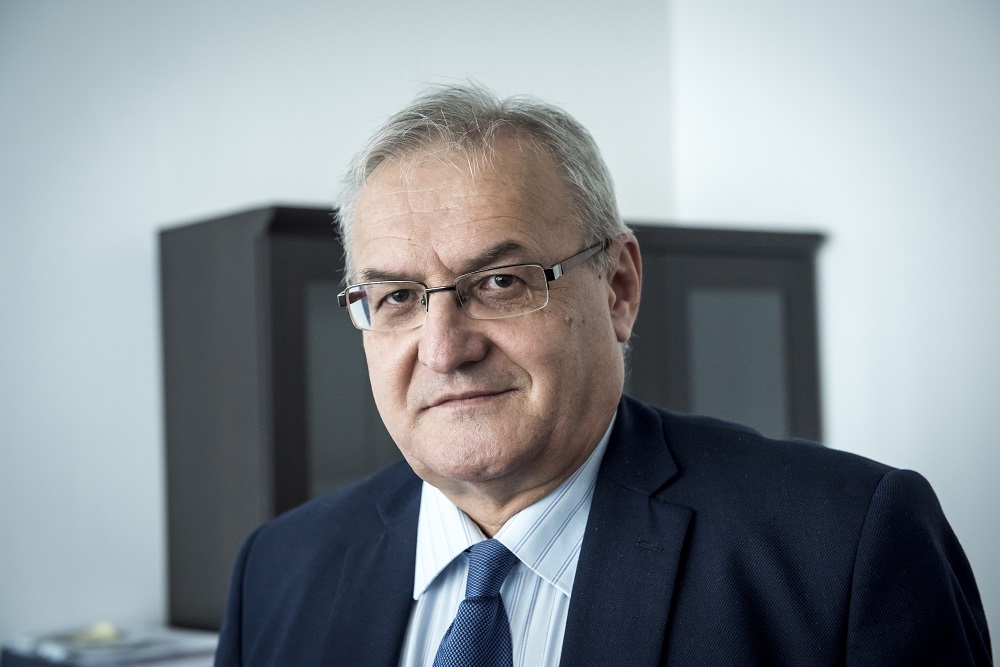
Innovation is considered to be a way to increase the comparative advantage and to influence the growth of a business entity or increase profitability. The focus of innovation is creative thinking and inventiveness. This is especially important in the field of tourism, where permanent adaptation and innovation of the offer is necessary, as tourists or generally, tourist service users are constantly raising the threshold and looking for products or services of higher quality, new products and experiences.
Work in tourism has become more complex and managers face new challenges because they have to perceive the way in which the innovation is adopted and used. They have the task to perceive the essential role of innovations and their impact on the improvement of business processes and relationships with users. That ultimately leads to improvement in the overall performance of business.
All this is the reason why tourism development perspectives are based on finding new sources of growth, which can influence successful business and development policies and development of offer with original content, continuous application of innovations and generally increasing the competitive advantages of tourist destinations.
Multiplicative effects represent extreme importance in the development of tourism, as this sector has a significant impact on the service sector and industry. In determining the multiplicative effects, it must be taken into account that the money spent by foreign tourists in catering, trade, transport and communal services, goes to industry, agriculture…
Although numerous barriers impede the economic progress of Bosnia and Herzegovina, positive developments in tourism are evident, which can even be qualified as a type of tourist boom. However, in relation to available, but still unused, natural and cultural potentials, it is obvious that only a small part of these potentials has been put into operation.
Examples of countries with similar geographical, climatic and cultural characteristics, which have included a larger scope of tourism resources in their offer, show that this sector can certainly improve through development of tourist destinations with more contents and improvement of the work of hotels and tourist companies.
An approach is needed in which innovation will not only be of a technological character, there should be changes in the behavior of the companies, but also the social community in relation to tourism. This implies that innovations are simultaneously represented in the sphere of products, processes, management and logistics.
Of course, part of that process belongs to institutional changes, where there is a need for reforming financial incentives that restructure the concepts of social or health tourism, destination management systems and units that control access to tourist areas, and the establishment of credit institutions and adapting the conditions for lending money for tourism investments.
The sooner we accept the fact that the main barrier to a better development of the tourism sector is the insufficient understanding of the global trends and dynamics of the changes imposed by them and the constant need for technological, organizational and social innovations, sooner we will make a big step forward towards creating a much better and more comprehensive tourist offer of Bosnia and Herzegovina.
Innovations do not come as a result of propaganda actions, political speeches, some congresses or symposiums, sound campaigns and years of innovation, but as a result of the general social climate, made up of a system of evaluating results of the work and achieved goals rather than satisfying bureaucratic formalities.
In addition, a human resource management policy must be based on capable, rather than suitable persons. That will enable them to work and manage in a way that will give useful results necessary for the advancement of society. More precisely, innovations arise as a result of the action of creative, capable people in a dynamic and stimulating society, which is essentially our main goal. So far, we have not succeeded enough, but we must not give up.
By Namik Colakovic, Doctor of Economic Sciences


